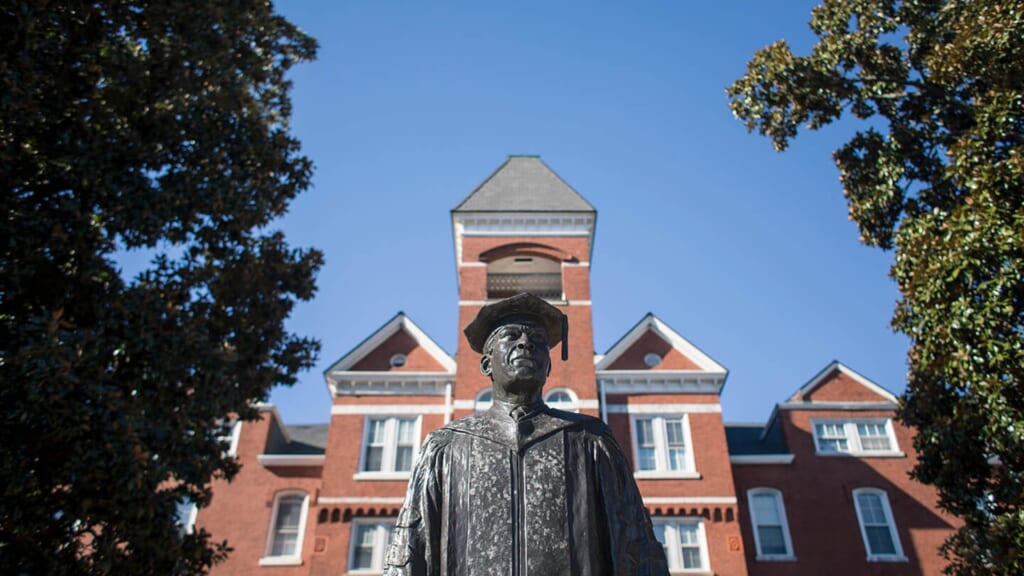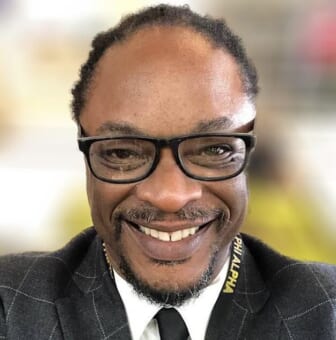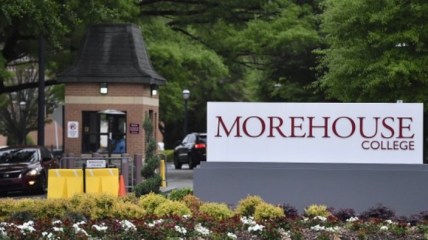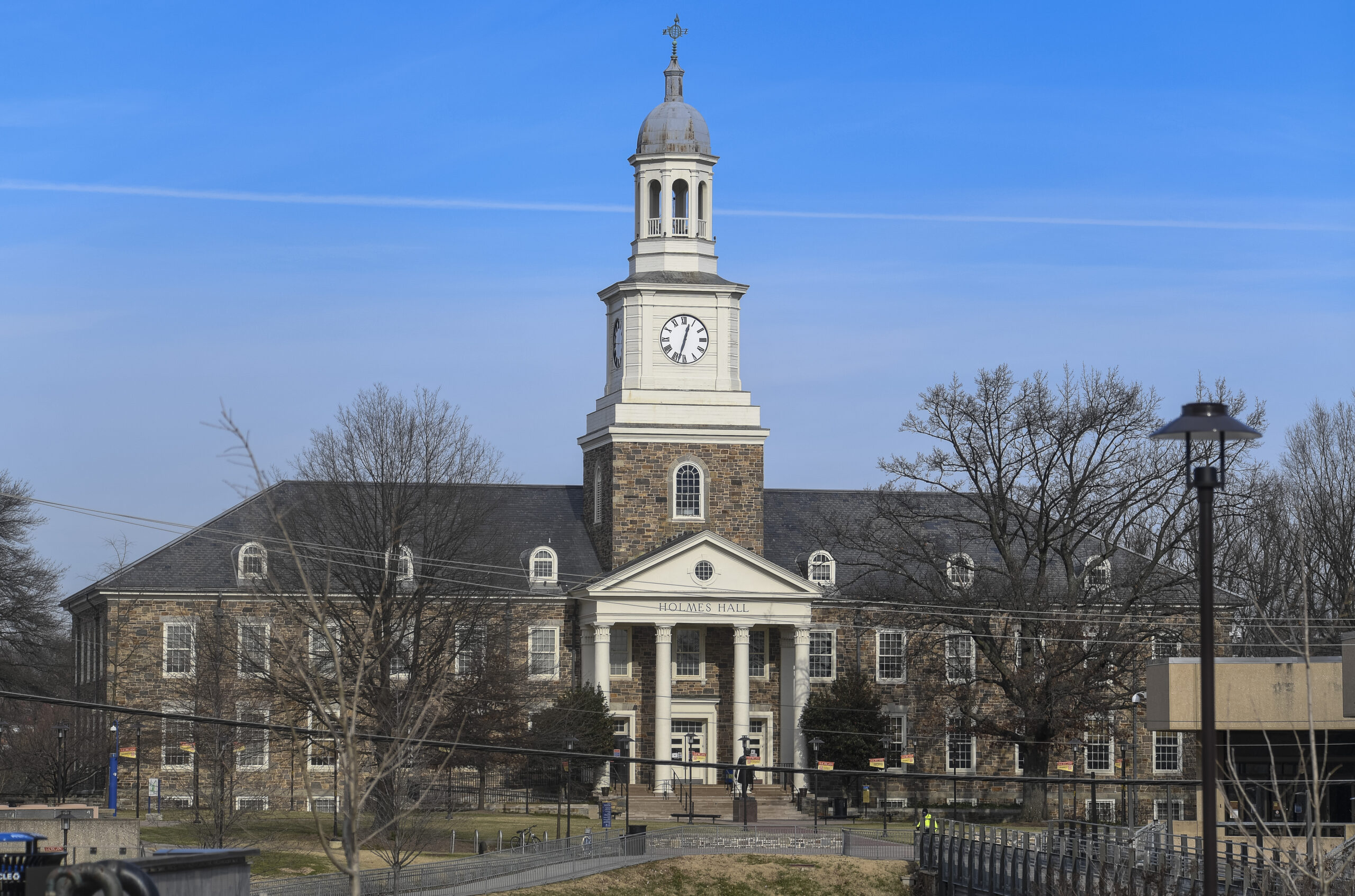Morehouse’s Black Men’s Research Institute: A great first step, but don’t miss what’s important
OPINION: To be truly effective, the institute will need to dive deep—going beyond race and economics—to craft solutions that can effectively change Black men's destinies.

Last month, Morehouse College announced the establishment of the Black Men’s Research Institute, a new initiative funded by a grant from the Andrew W. Mellon Foundation “to study the economic, social, cultural, & personal outcomes of issues affecting Black men, particularly where disparities exist in the U.S. and abroad.”
Now, the question could be asked why it has taken Morehouse, the pre-eminent educator of Black men for the past 150 years, so long to grab that flag, but I’m not interested in that answer. I’m more interested in the possibilities of this Black Men’s Research Institute’s ability to reveal quantitative problems and then engage Black men with qualitative changes and solutions.
The disparities in economics, education and health that the Black Men’s Research Institute examines will not shock us, and most of us recite them from memory. Black men, with a life expectancy of about 68 years old, barely draw down Social Security before they die, have all but disappeared as a significant presence on community colleges and four-year universities, and are the focus of police brutality to the point that it’s no longer shocking. Again, we know most of the top-line issues.
I’m pretty sure that this new Black Men’s Institute will center race and economics, rightly so, as the touchpoint for its research. But if it stops there and is just a white-paper mill sending out studies to other institutions through the country, never to be read, then this experiment will be a disappointment. To be truly effective, a deeper dive—one that goes beyond race and economics—will have to be done to craft solutions that can effectively change Black men’s destinies.
Remember, race and economics are the boulders being thrown into the pond of Black men, but the resulting ripples can make waves in other areas. I hope that the Black Men’s Research Institute will not shy away from examining philosophies within the Black male community that has grown from these disparities’ dysfunction. That would be just as important to understanding where Black men are today and the limitation of where we can go in the future.

Too often overlooked, philosophy makes sense of the world through reason, knowledge, experience and values. How you build your philosophical critical thinking skills and examine the world can significantly impact your choices. But having dysfunctional worldviews can work to create dysfunctional philosophies. By looking at the various philosophies circulating through the Black men community, the institute will see where Black men are, and more importantly, where we need to be.
Suppose the research into Black men shows a level of disempowerment, which as a Black man, I can guarantee that it will. In that case, we also need to examine how and where Black men find a sense of power and whether that power dynamic is dysfunctional in itself. Dealing with racism by perpetuating sexism, misogyny, or homophobia is not a win for Black men. Having healthy relationships with Black women is.
Having a philosophy that justifies amoralist capitalism at the expense of the Black community is not how economic disparities are traversed. Black billionaire rappers will not save the Black community economically. An economic philosophy that benefits the Black community, either through the services or employment, is a philosophy that Black men can use to lead economic prosperity.
Understanding this is also important because the Black Men’s Research Institute will disseminate its work and recommendations to institutions often run by Black men. Black fraternities, the Black church and even other HBCUs often suffer from the same dysfunction surrounding Black men that the research will reveal, so unless one addresses the institutions, too, you’re sending research to spaces that need reform within themselves before they can objectively become part of the solution.
My suggestion? The Black Men’s Research Institute should deconstruct where necessary, uplift when justified, and tell the truth in both counts when it comes to Black men. The white gaze shouldn’t matter, whether from the funders or the public. Nor should, and I’m not saying that it is, the Black Men’s Research Institute use white men as the metric for equality. We as Black men shouldn’t want to be white men, and if the Black Men’s Research Institute finds that Black men do want that, then it should focus like a laser on deconstructing that.
Our goal as Black men should be healthy and thriving in all areas of life. We deserve life, liberty and the pursuit of happiness just as much as any American. And we don’t need to obtain it by perpetuating the -isms that oppress us by oppressing others. The Black Men’s Research Institute is a significant first step in that direction.

Lawrence Ross is the owner of 365ALLY.com, a new multi-vendor marketplace that centers businesses and services owned by marginalized communities. He attended the University of California, Berkeley, where he was initiated into Alpha Phi Alpha Fraternity, Inc. in 1985, and the University of California, Los Angeles, where he earned a bachelor’s degree in history. Ross also has a Master of Fine Arts (MFA) degree in screenwriting from the UCLA School of Theater, Film, and Television. Ross’ first book, “The Divine Nine: The History of African American Fraternities and Sororities,” was the first book written about all nine African-American fraternities and sororities, “The Divine Nine” is a Los Angeles Times and Essence magazine bestseller.
TheGrio is now on your TV via Apple TV, Amazon Fire, Roku, and Android TV. Please download theGrio mobile apps today!
More About:Opinion











